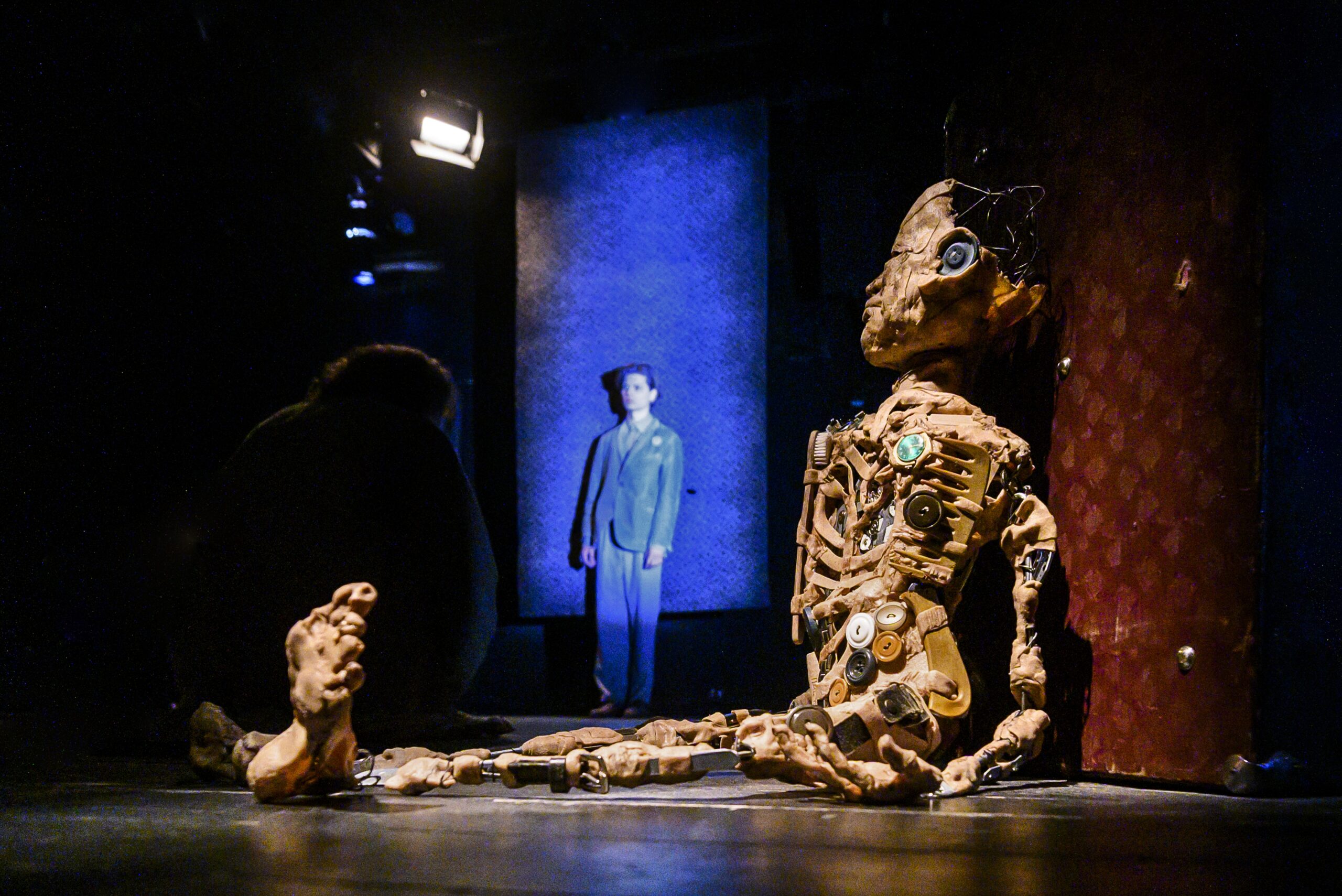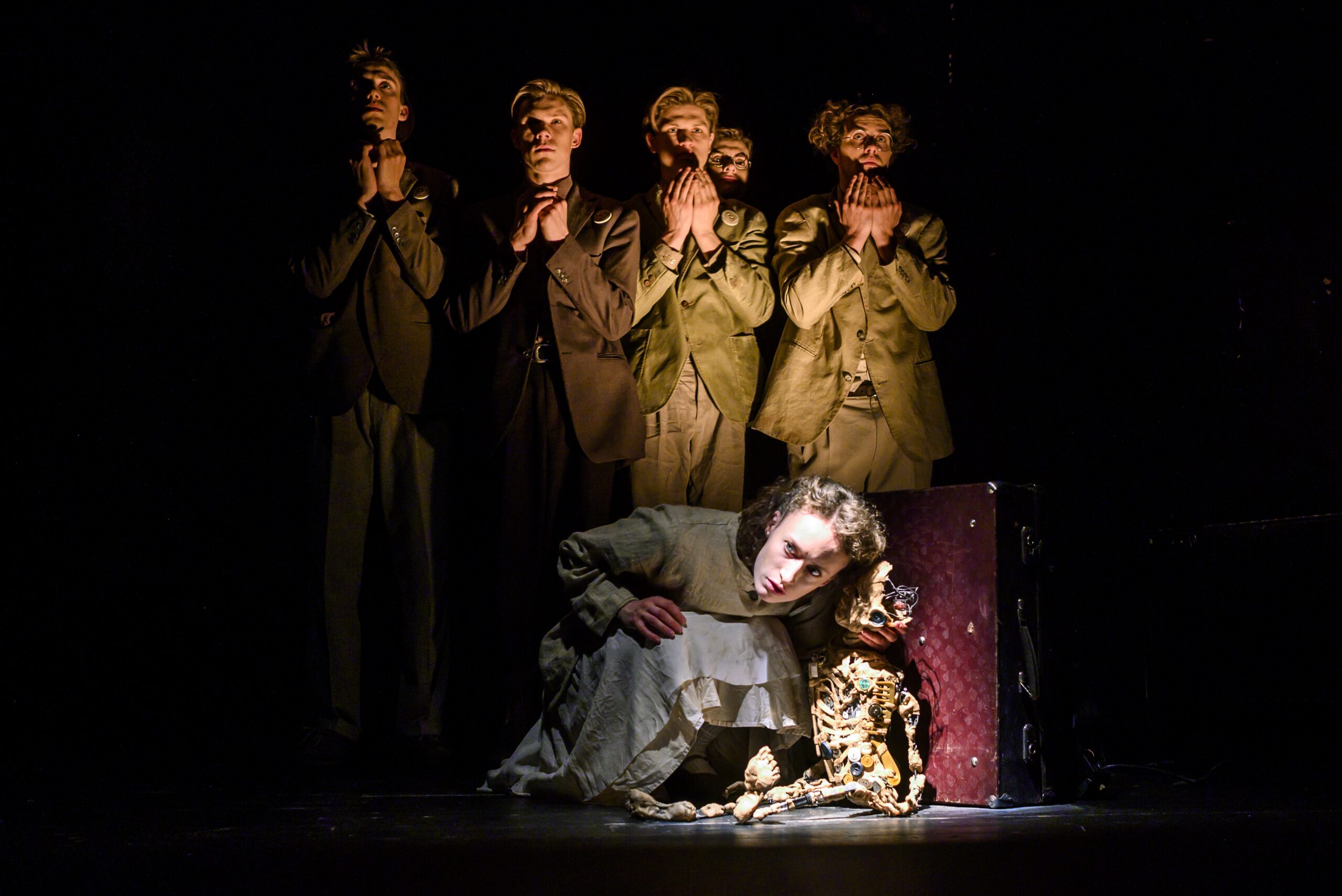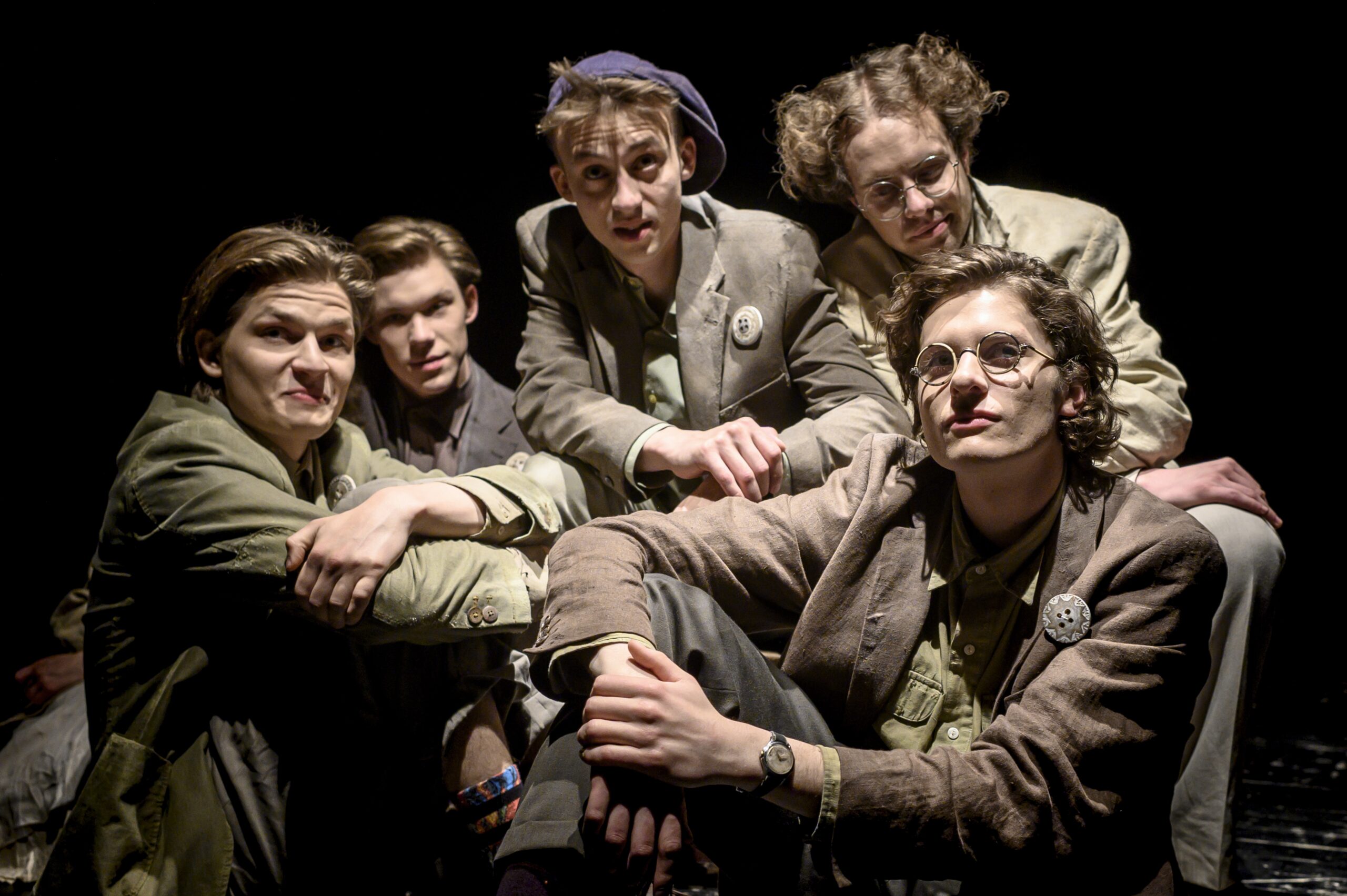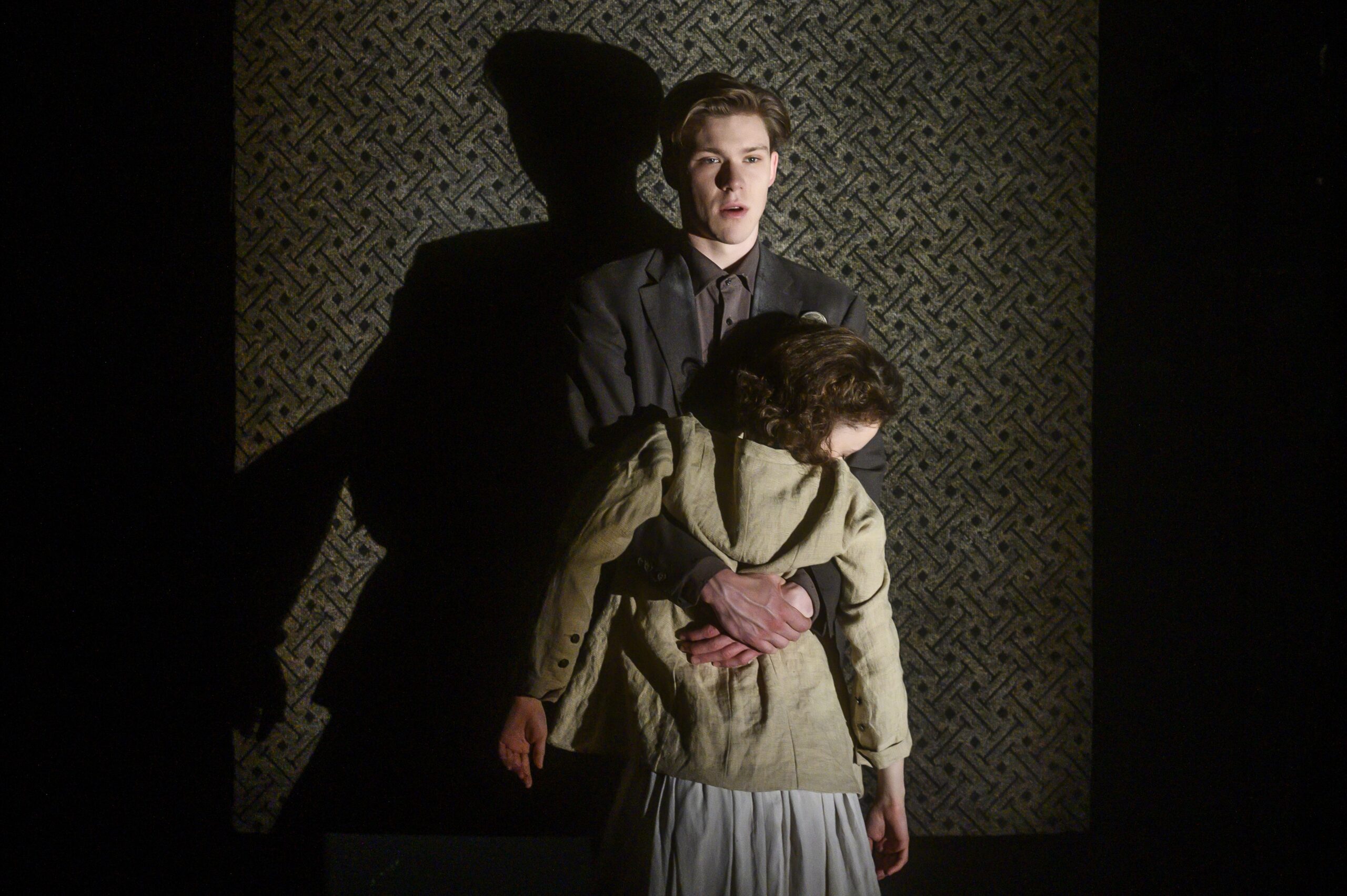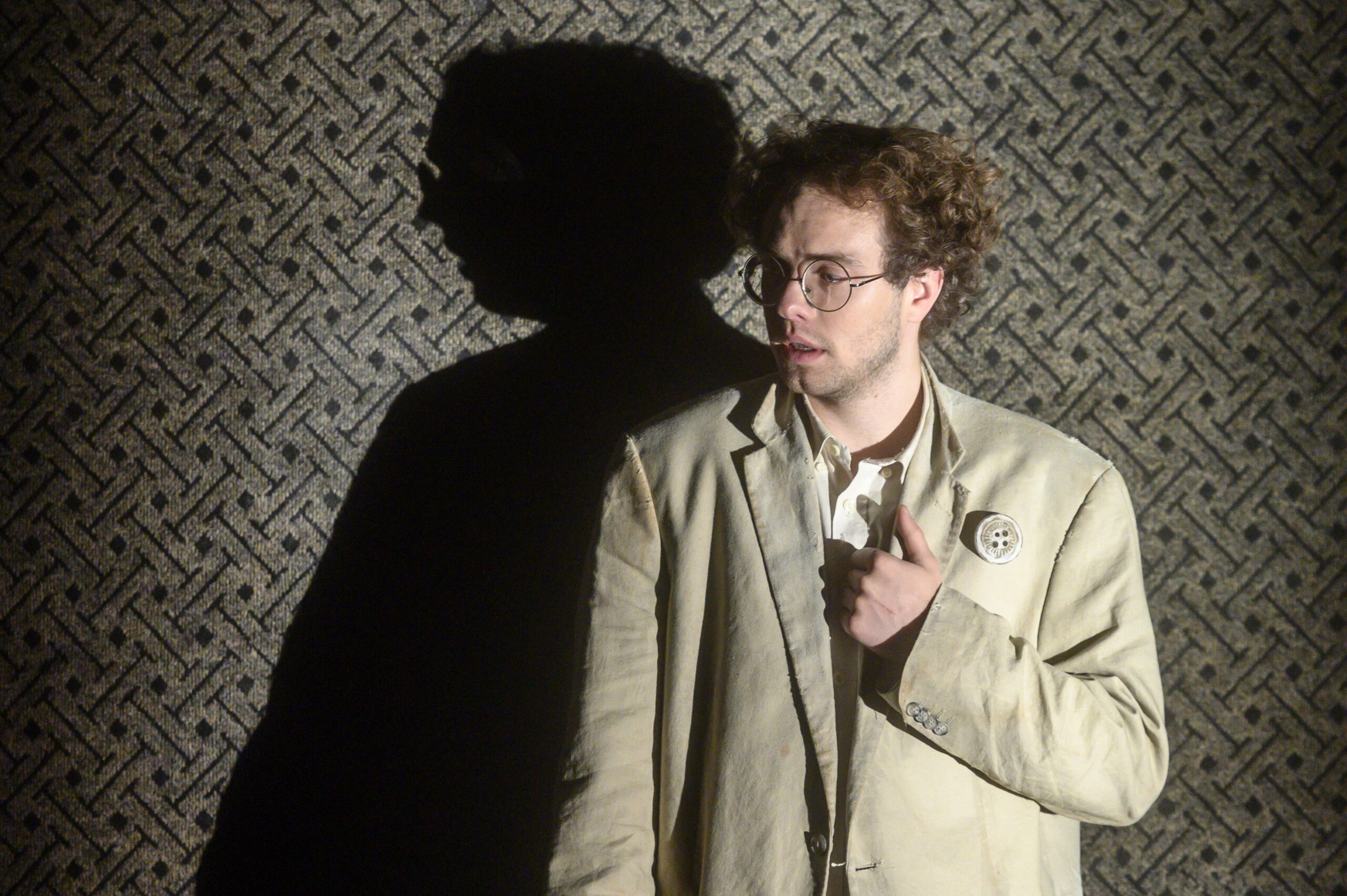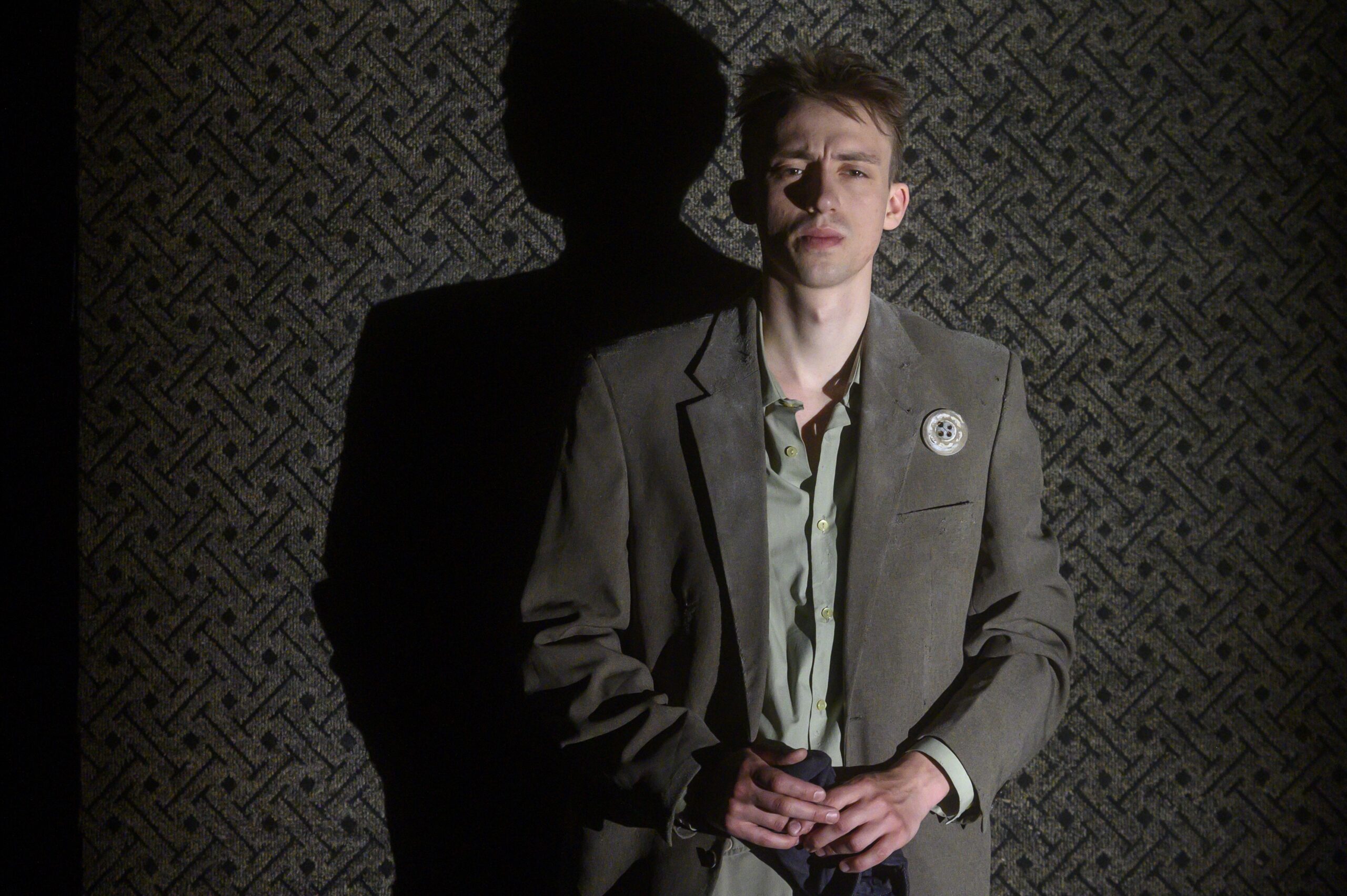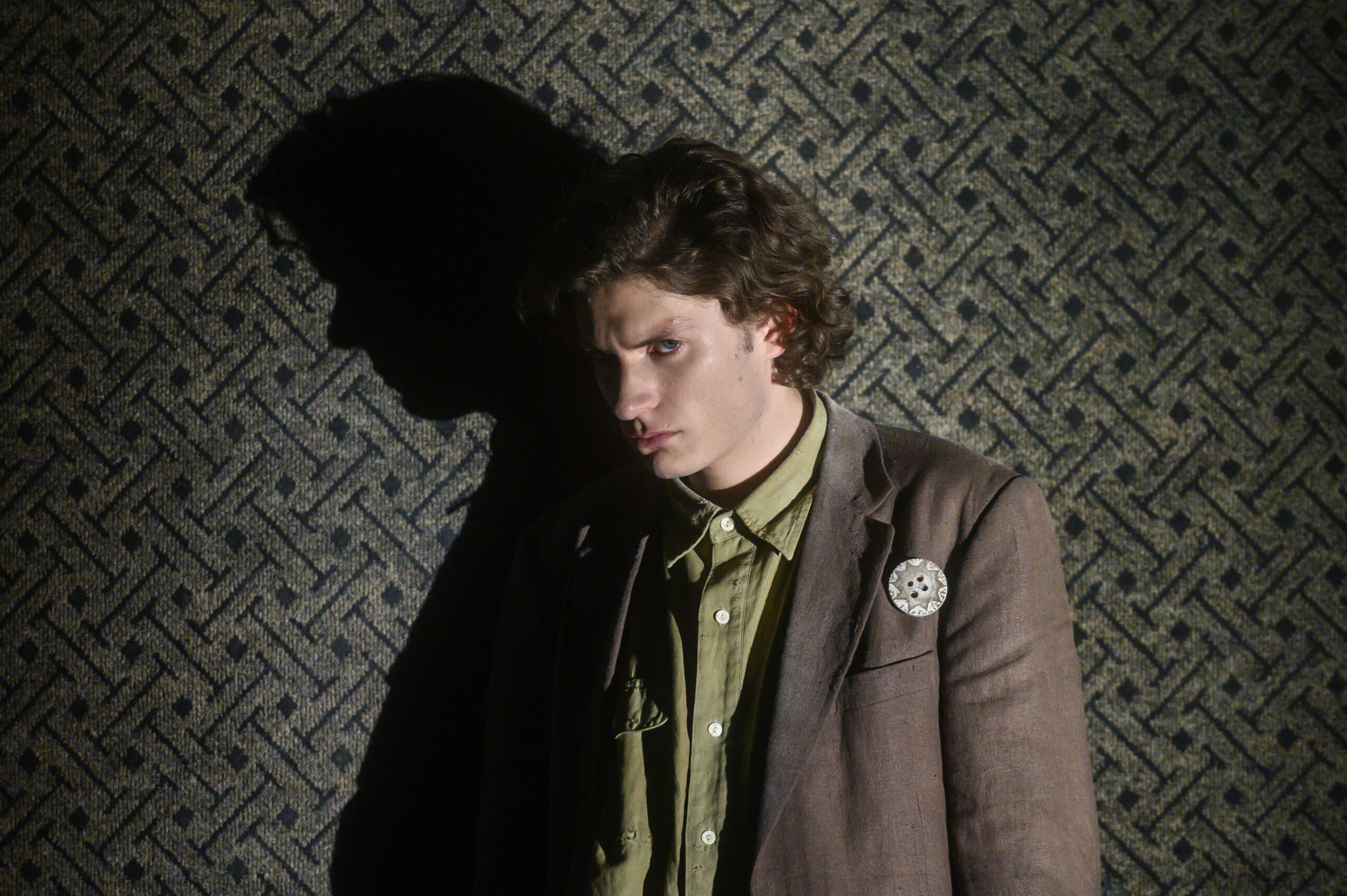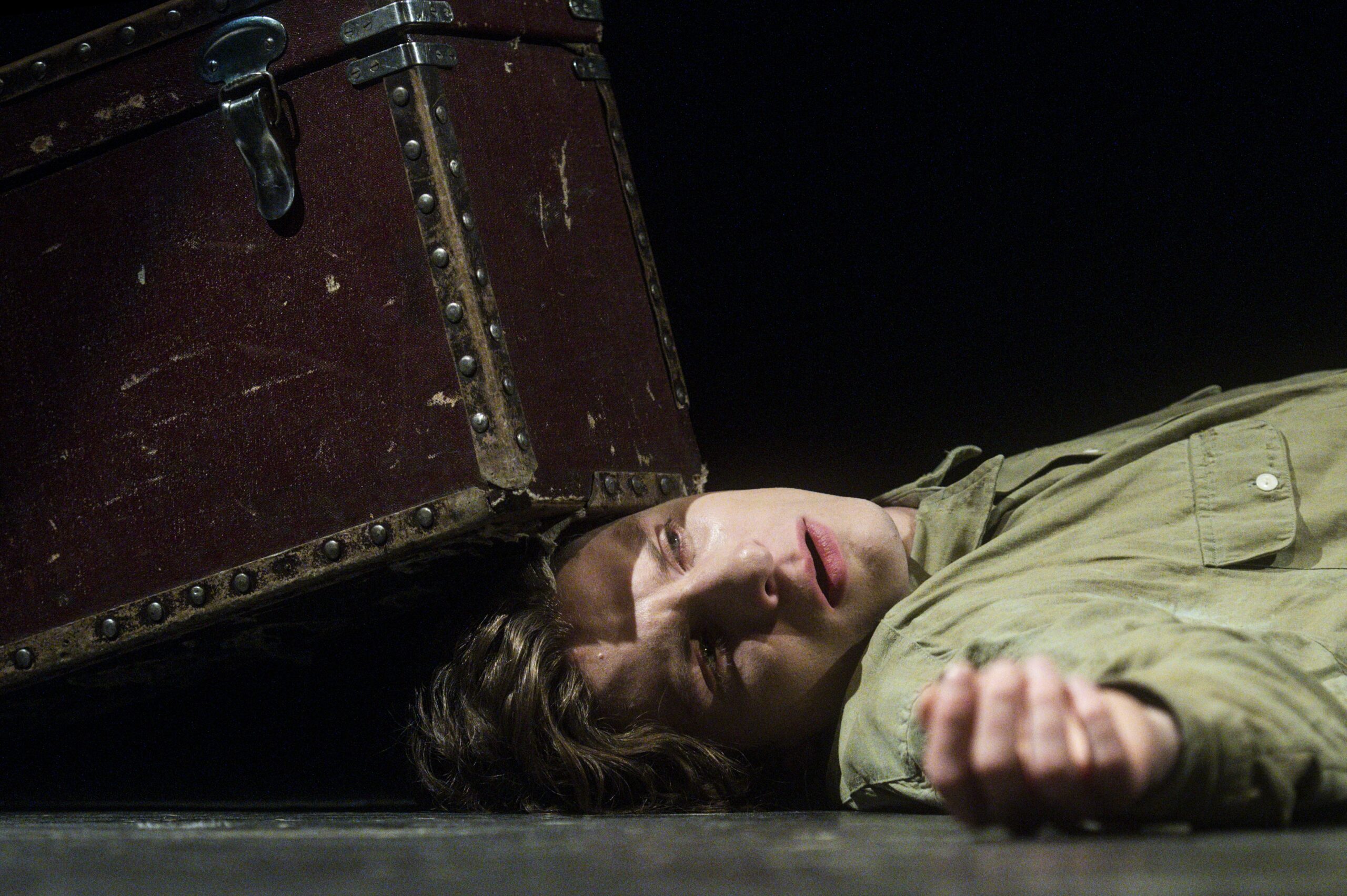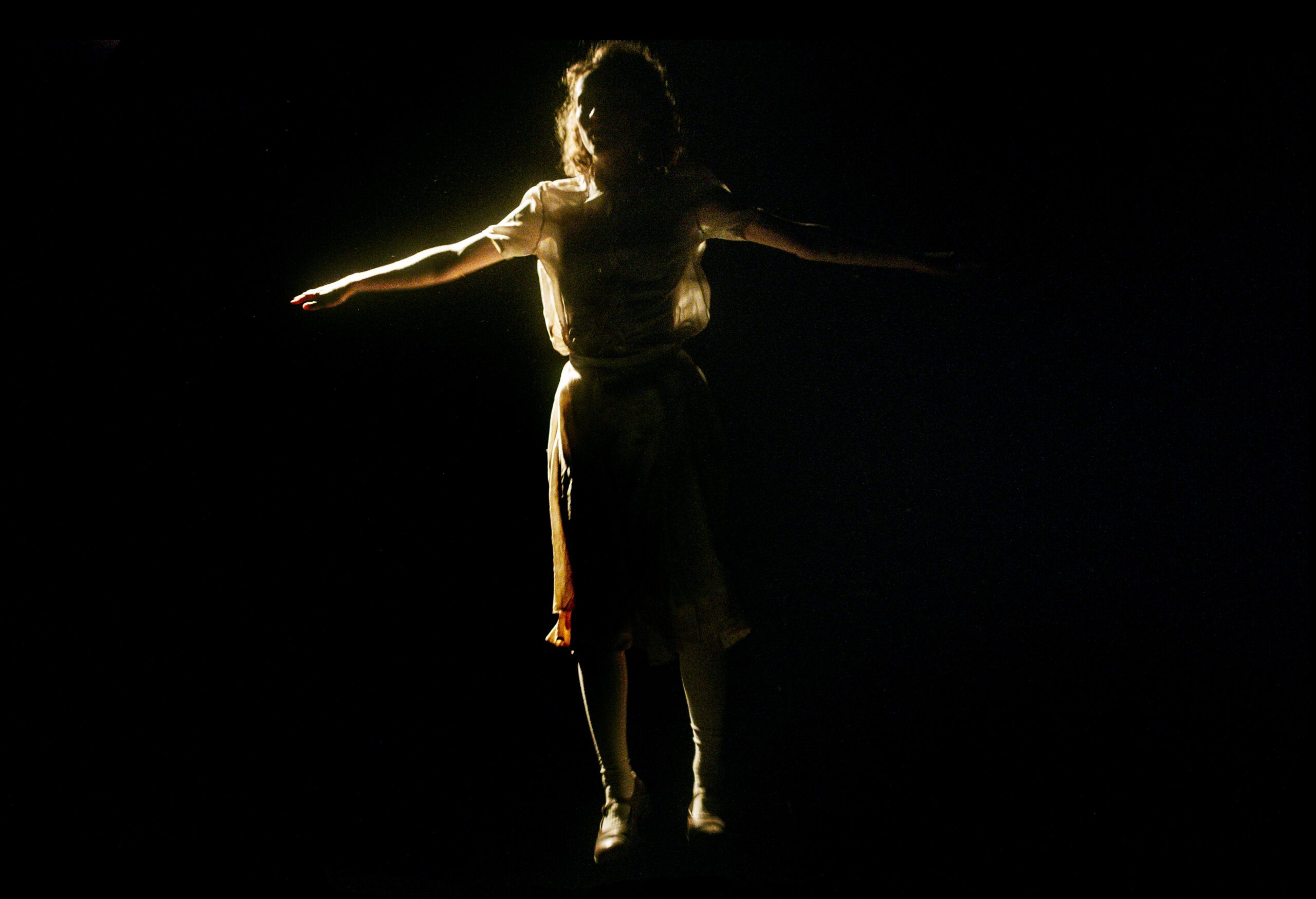Up to the World War II, Vilnius was called one of the most significant centres of Jewish culture and learning in Europe. On the eve of the war about fifty eight thousand Jews lived here, however, only a few thousand of them survived to see the end of the Nazi occupation. To this day the tragic fall of the “Jerusalem of the North” intrigues not just certain historians in Lithuania and worldwide, but it also serves as a source of inspiration for artists of different generations and worldviews to rethink this tragedy of the nation, society and human values. The Youth Theatre, located within the territory of the former Great Vilnius Ghetto, shows consistent interest in this theme and, in cooperation with some talented creators of theatre, constantly initiates artistic exploration of this cruel and dynamic time.
Justinas Vinciūnas, a director from the youngest generation, in his quest of an original view on the Holocaust and the whole gamut of related themes turns not to the great works of literary fiction, but rather to the authentic memories of Kazimierz Sakowicz, a witness to the massacre of the Vilnius Jews, as presented in his book The Paneriai Journal, 1941 – 1943. According to the director J. Vinciūnas, K. Sakowicz testifies of such cruelties that one almost reaches the limit of one’s compassion while reading the book. One wishes to assign the horror he describes to the realm of fancy, even though it is a documentary source. In fact, this very limit of comprehension is one of the focal themes in our production. In it we shall attempt not just to grope for the silence which is present between actual human experience and time-polished sources, but also to dispel it.
